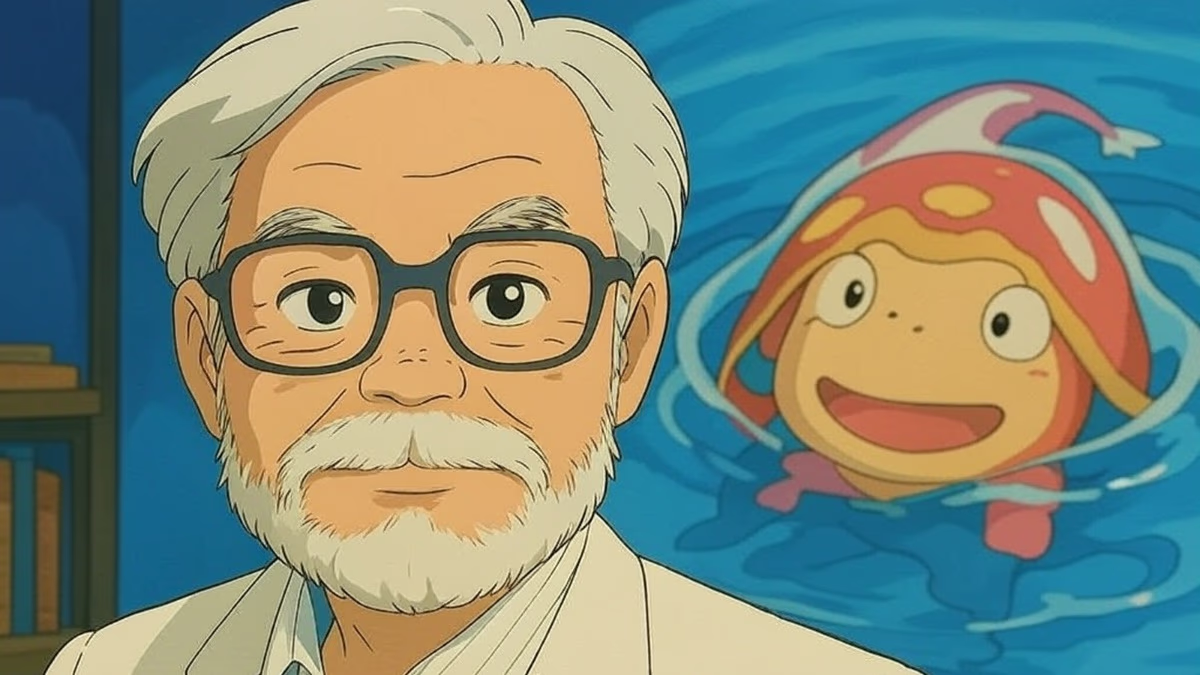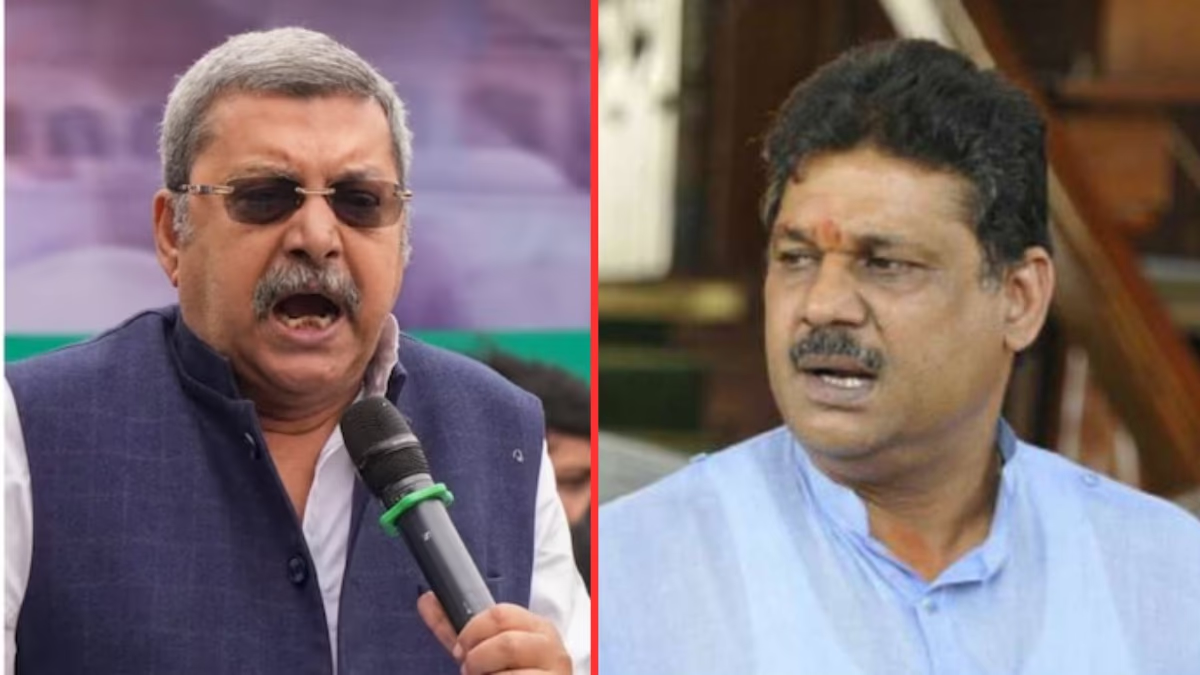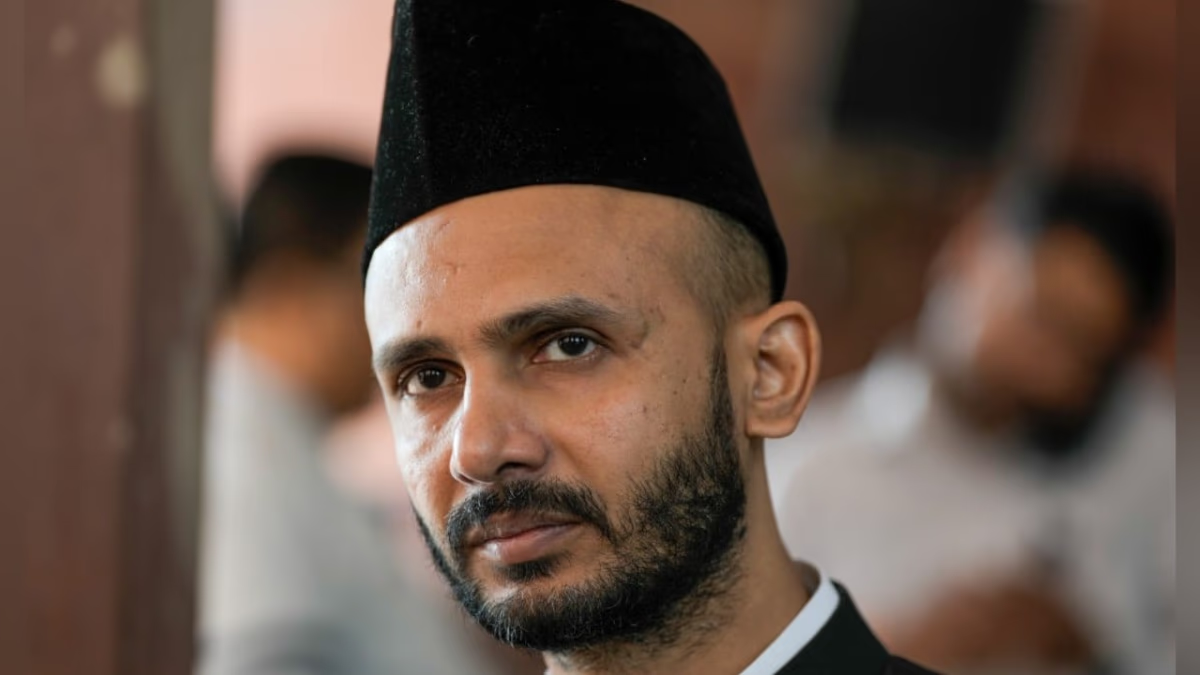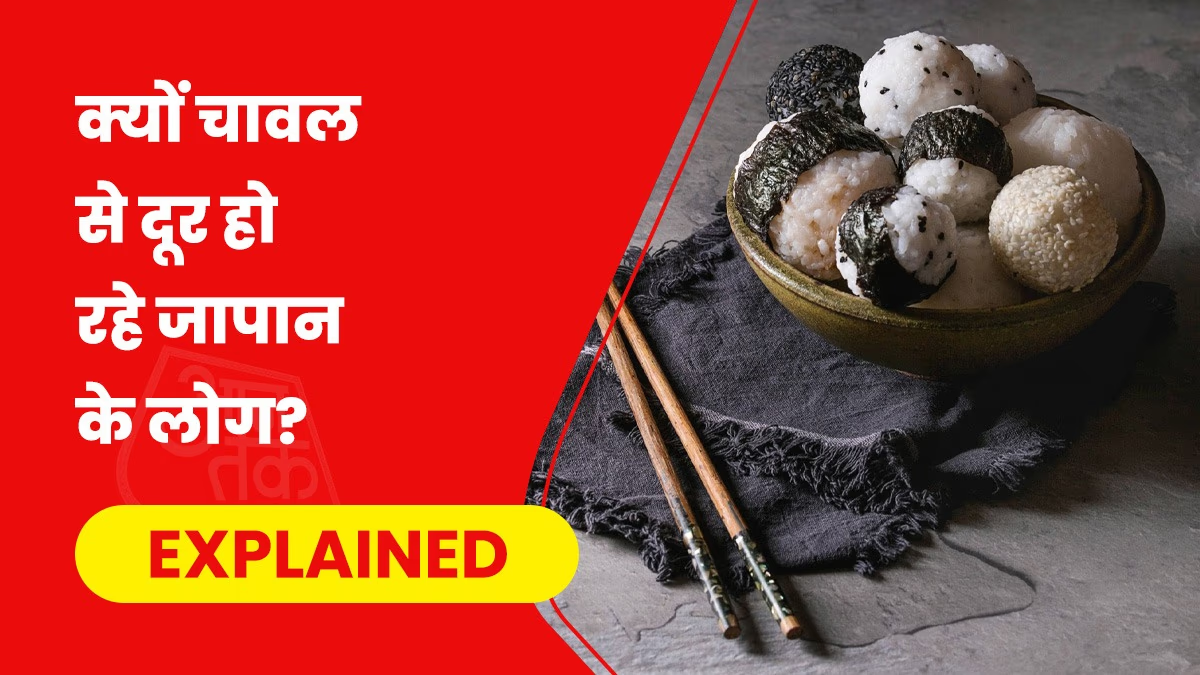This tale dates back to 2016... Renowned Japanese animator and filmmaker Hayao Miyazaki was sitting with developers at his
Studio Ghibli
. He learned that AI might soon be powerful enough to create human-like animation in the blink of an eye. To this, Miyazaki shrugged and said,
‘If that happens, we won't need humans. Then, the end of the world is near.’
A statement from nine years ago by Miyazaki is resurfacing, as AI tools like ChatGPT and Grok can convert any image into the Ghibli art style. The very Ghibli art laden with human emotions, painstakingly hand-crafted by Miyazaki, is now being replicated in seconds by AI, sparking a new controversy surrounding originality.
Miyazaki, now 84, needs no introduction. He was a pivotal figure in animation, competing with the likes of Walt Disney, who dominated with animations like
‘The Lion King’, ‘Aladdin’, ‘Beauty and the Beast’
, and Pixar's
‘Finding Nemo’
and
‘Toy Story’
. Stepping into this world in 1985, Miyazaki co-founded
Studio Ghibli
alongside Isao Takahata and Toshio Suzuki.
While Disney and others were delving into 2D and 3D animation with CGI, Miyazaki made a powerful impression with hand-drawn animation.
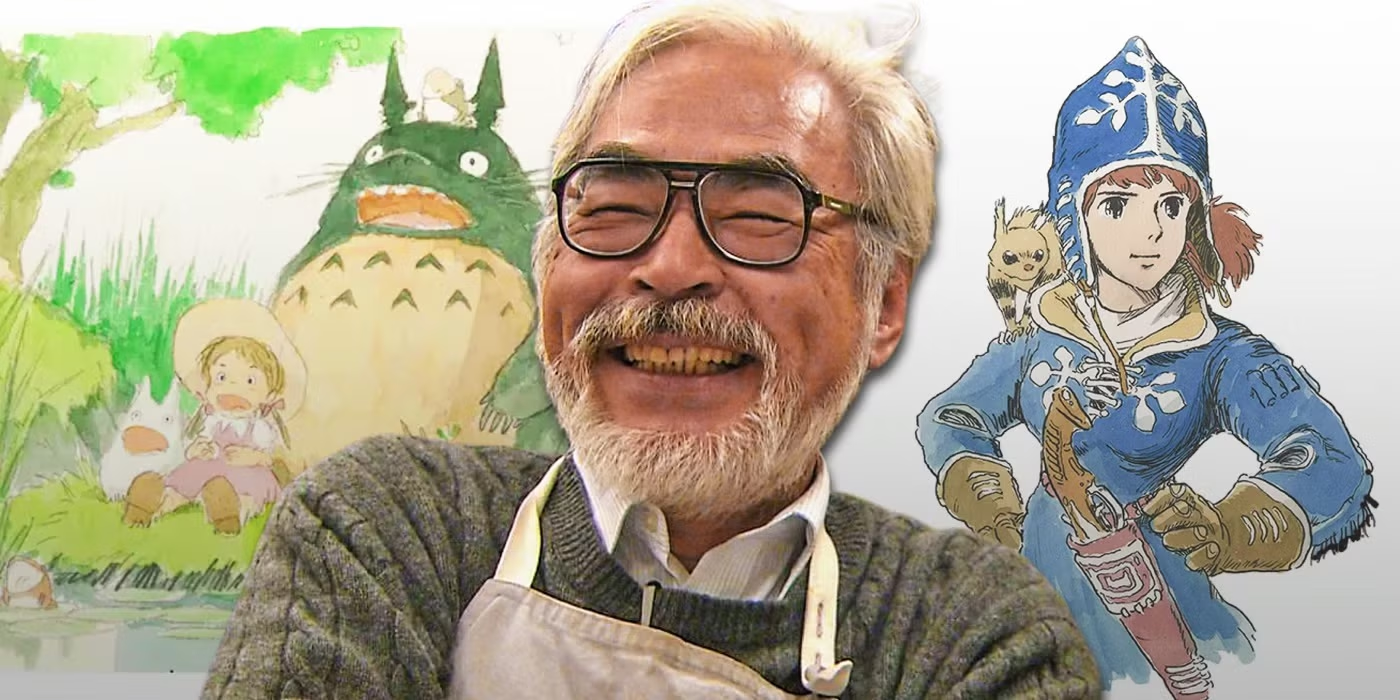
Source: aajtak
Amid AI's growing presence, Miyazaki remains celebrated for achievements that have become more popular over time.
His films are meticulously crafted frame by frame, captivating viewers without allowing their eyes to wander from the screen. Miyazaki's stories beautifully meld
Magical Realism
with real-world elements, infusing overlooked emotions and everyday experiences with fantasy.
Miyazaki’s animation films were entirely handmade, taking years to produce. What AI can accomplish in seconds took Miyazaki and his team considerable time.
The animated
GIF
you see, taken from Miyazaki’s 2013 film
'The Wind Rises'
, showcases a scene that took over a year to animate. Depicting a crowd during an earthquake, each character is individually drawn, reflecting unique expressions and movements, without the use of CGI, adhering to traditional hand-drawn techniques.
Miyazaki aimed to make his animated films as realistic as possible, ensuring audiences could connect with them. The combination of human emotions and fantasy in his films is unmatched.
Spirited Away
, released in 2001, is considered among the world's best-animated films.
Howl’s Moving Castle
from 2004 portrays magic, romance, and war's impacts, earning global acclaim. Prior works like 1997’s
Princess Mononoke
and 1988’s
My Neighbor Totoro
reflect harmony with nature and human struggles.
The origin of animation can be traced back to ancient times, evident in Egyptian wall art and cave paintings. Modern animation arose in the 20th century with American cartoonist J. Stuart Blackton's 1906 film
Humorous Phases of Funny Faces
. Recognized as the first animated film, it was created by drawing on a chalkboard. Two years later,
Fantasmagorie
emerged as the first traditional animated film with 700 hand-drawn images. By 1913, Earl Hurd and John Bray developed cel animation, drawing images on cellulose, eliminating the need to repeatedly prepare backgrounds, popularized by Walt Disney.
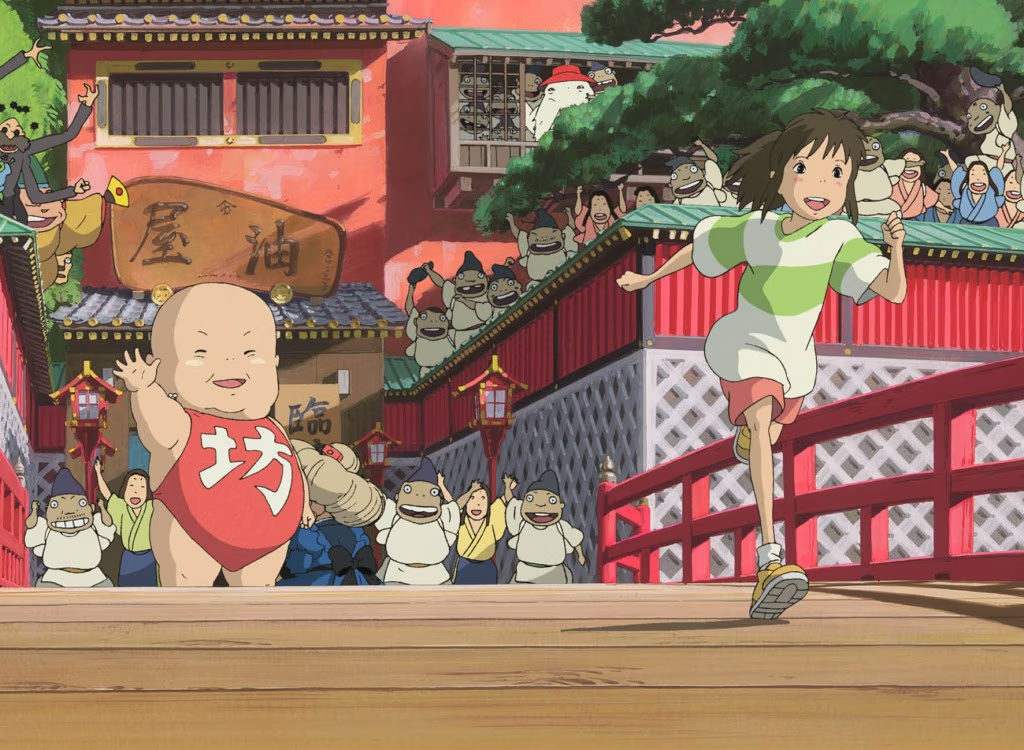
Source: aajtak
Miyazaki’s film
Spirited Away
won an Oscar for Best Animation in 2003. In protest of the U.S. attack on Iraq, Miyazaki chose to boycott the Oscars ceremony, stating he didn't want to visit a country bombing Iraq.
Miyazaki famously said,
‘AI lacks Humanity’
. After watching AI-generated animations, Miyazaki expressed deep sorrow, acknowledging his lifetime of creating films rooted in human emotions. He remarked,
‘Whoever created this (AI) doesn't understand suffering. Watching this is truly disappointing, and it's an insult to life itself.’
Miyazaki cautions that if AI's proliferation continues, real artists may become unnecessary. Allowing machines to craft stories, he argues, would mean losing our artistry and soul. He insists,
‘Tech Can't Replace Artists’
, emphasizing that art exists to amplify emotions.
Perhaps this principle explains why
Studio Ghibli
never embraced AI or CGI, consistently advocating that technology should assist humans, not replace them.
The latest trend of
AI Ghibli
is sparking debate as it mimics
Studio Ghibli's
animation style using AI, raising serious issues about copyright infringement and artistic originality. Experts contend that AI-generated animations not only violate original artists' rights but also diminish art's emotional depth.
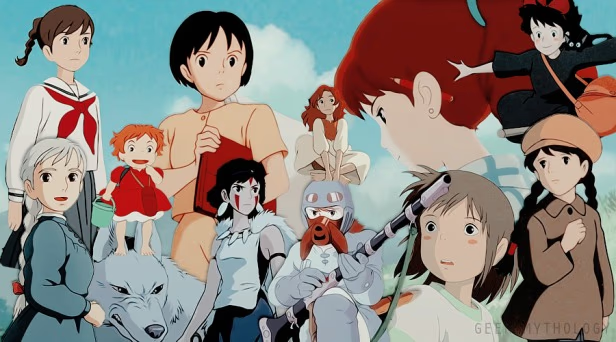
Source: aajtak
In an interview, Miyazaki once mentioned naming the studio
Studio Ghibli
because of his fondness for planes. The name 'Ghibli' was inspired by the Italian warplane
Caproni Ca.309 Ghibli
used during World War II.
Ghibli,
derived from an Arabic term meaning desert wind, reflects the fresh air Miyazaki’s films brought to Japan's animation industry, symbolizing a breath of innovation he sought to instill. That's why it was named
Studio Ghibli
Tadao Hama, who laid
Ghibli's
foundation alongside Miyazaki, stated that AI is not an artist but a copier of human creations. When something becomes cheaply available, its value often decreases. If AI can produce millions of artworks every minute, the effort of real artists is undervalued. Machines can never match the depth human minds bring to life.
Miyazaki admired art and perfection, his personality defined by a steadfast commitment to perfectionism. When rivals turned to computers and technology, Miyazaki remained dedicated to hand-designing frames for animated films. He wasn’t against technology but believed that the beauty of forests, mountains, and nature can be best depicted by hand, impossible for technology to replicate with the same sincerity. His philosophy emphasized the vitality of filling animation with emotions by hand, declaring,
